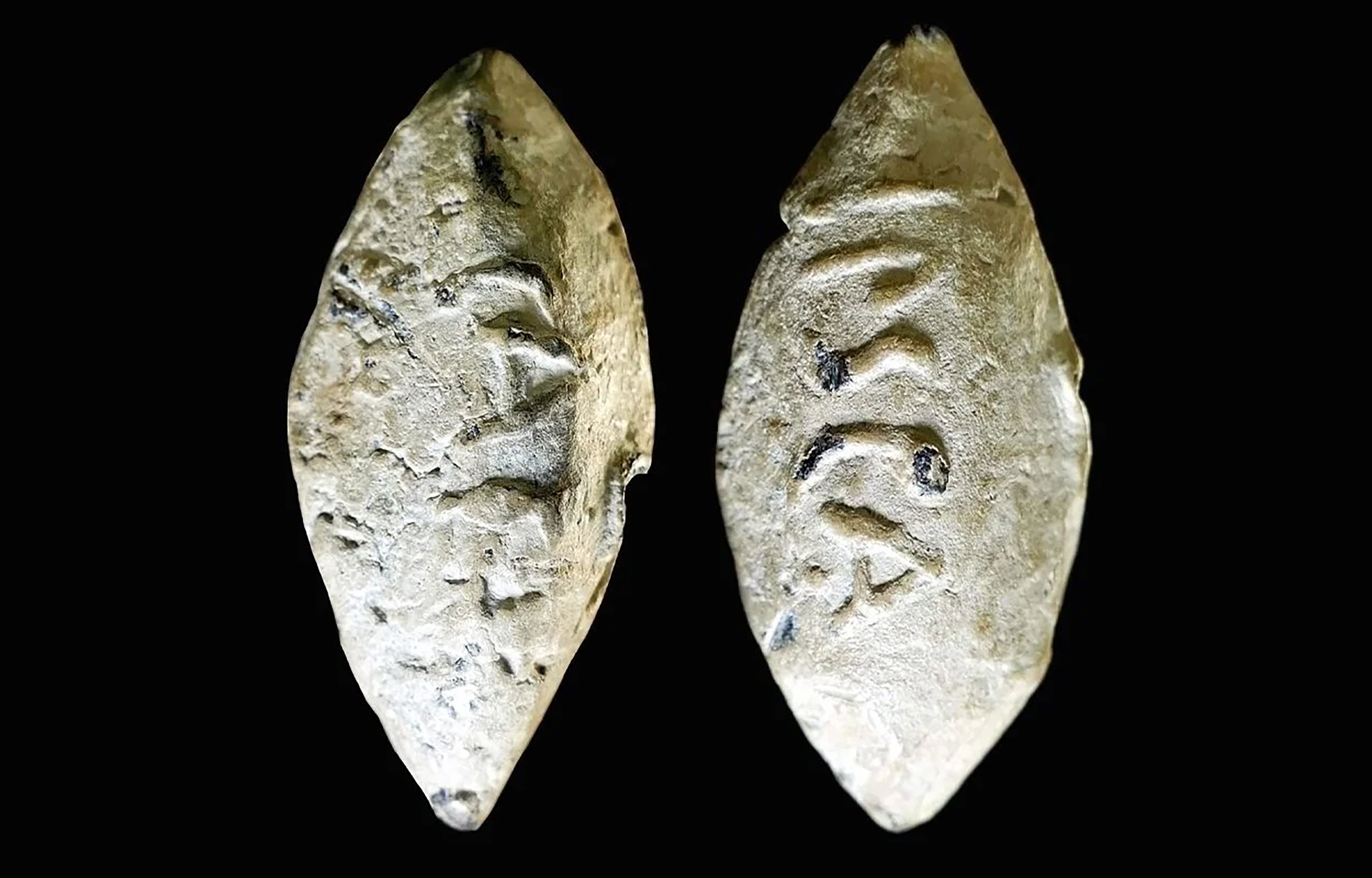Archaeologists find 2000-year-old ‘bullet’ with Roman dictator’s name on it
The lead projectile, likely used with a slingshot, was found inscribed with the name of Roman dictator Julius Caesar
Your support helps us to tell the story
From reproductive rights to climate change to Big Tech, The Independent is on the ground when the story is developing. Whether it's investigating the financials of Elon Musk's pro-Trump PAC or producing our latest documentary, 'The A Word', which shines a light on the American women fighting for reproductive rights, we know how important it is to parse out the facts from the messaging.
At such a critical moment in US history, we need reporters on the ground. Your donation allows us to keep sending journalists to speak to both sides of the story.
The Independent is trusted by Americans across the entire political spectrum. And unlike many other quality news outlets, we choose not to lock Americans out of our reporting and analysis with paywalls. We believe quality journalism should be available to everyone, paid for by those who can afford it.
Your support makes all the difference.A 2000-year-old “bullet” found with a Roman dictator’s name on it was likely used as propaganda, according to archaeologists.
The lead projectile, inscribed with the name of Julius Caesar, was unearthed in Spain and could have been used with a slingshot by the general’s troops.
The artefact - known to specialists as a “glans inscripta” - measures 4.5 by 2 centimeters and weighs 71 grams and would have been made using a mold into which molten lead was poured.
On one side, an inscription reads “IPSCA” - likely Latin for an unknown Spanish town - while the other reads “CAES” for Ceasar.
Experts say the discovery could prove Indigenous Spaniards supported the cause of the dictator during his civil war in 49-45BC.

“In the 1st century BC, many inscribed glandes were made because they were very useful instruments for housing short, very specific messages,” study lead author Javier Moralejo Ordax told Live Science.
The message on the bullet was likely meant as political propaganda and encouragement for Caesar’s own troops, he added.
Caesar’s civil war engulfed Greece Egypt, Africa, Spain and the Balkans. The final offensive is known as the Battle of Munda, which took place in Andalusia, Spain.
Only one other bullet with Caesar’s name on it has been found in Spain before. It reads “CAE / ACIPE” — the Latin equivalent of “Suck it, Caesar” — most likely a message from Pompey’s troops to their enemy.

Join our commenting forum
Join thought-provoking conversations, follow other Independent readers and see their replies
Comments